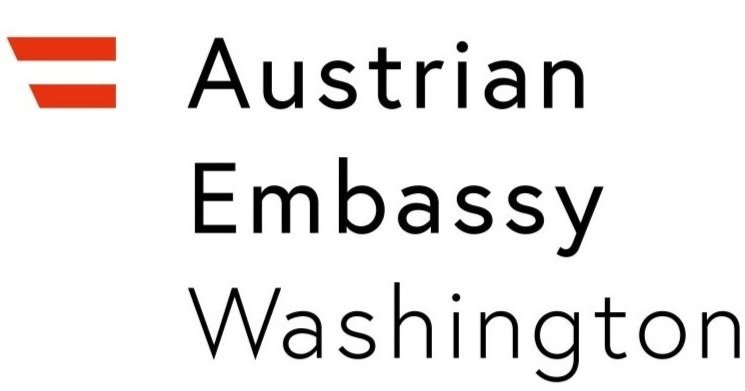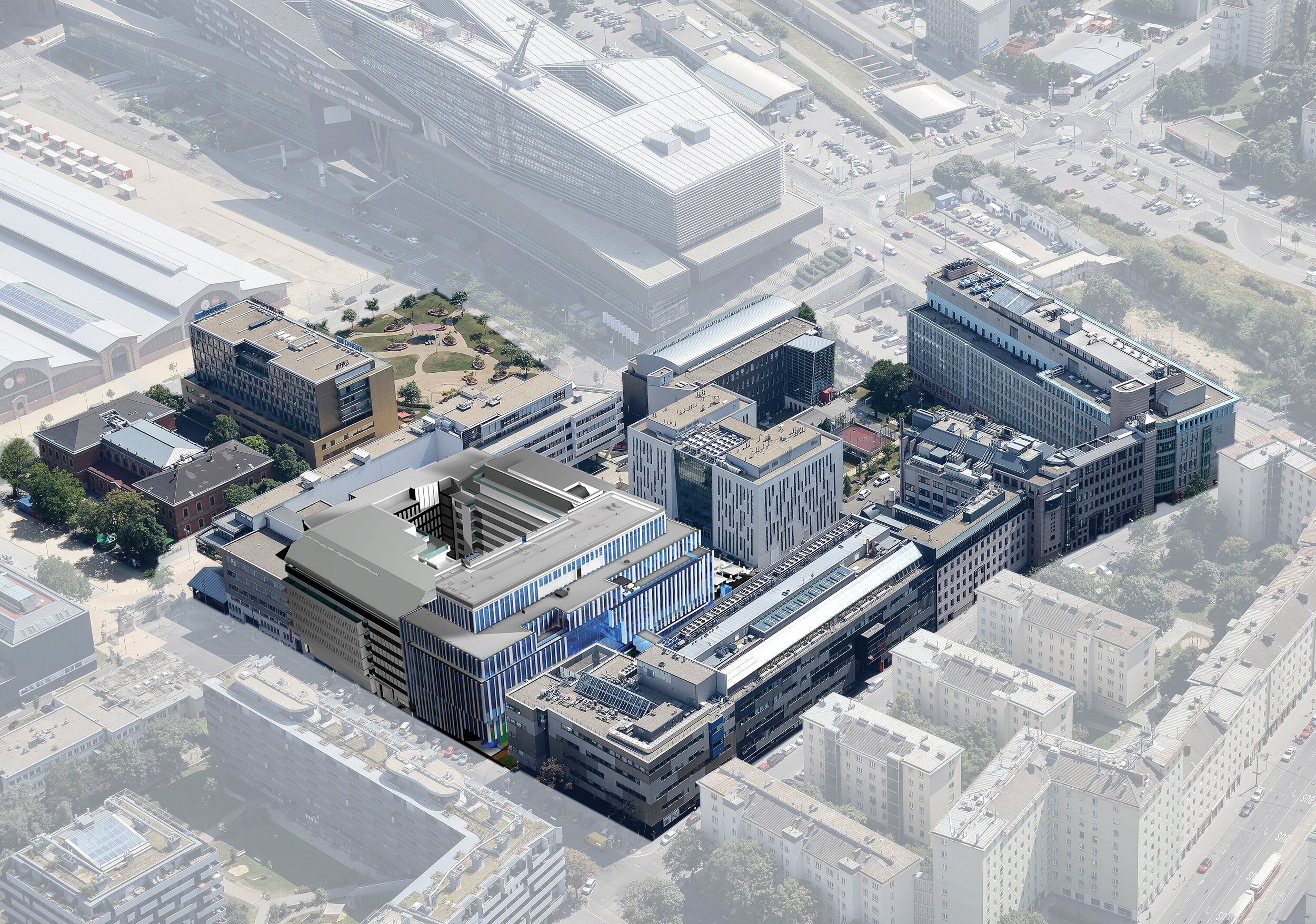
The Vienna BioCenter
With migration to the United States becoming increasingly difficult even for students and scientists, it may be the right time to look for opportunities in the Old World. In Vienna, the dynamically growing Vienna BioCenter has become one of Europe’s premier hotbeds for life science research, education and business. It was a venture that seemed unlikely to succeed, but there was a vision and the times were right.
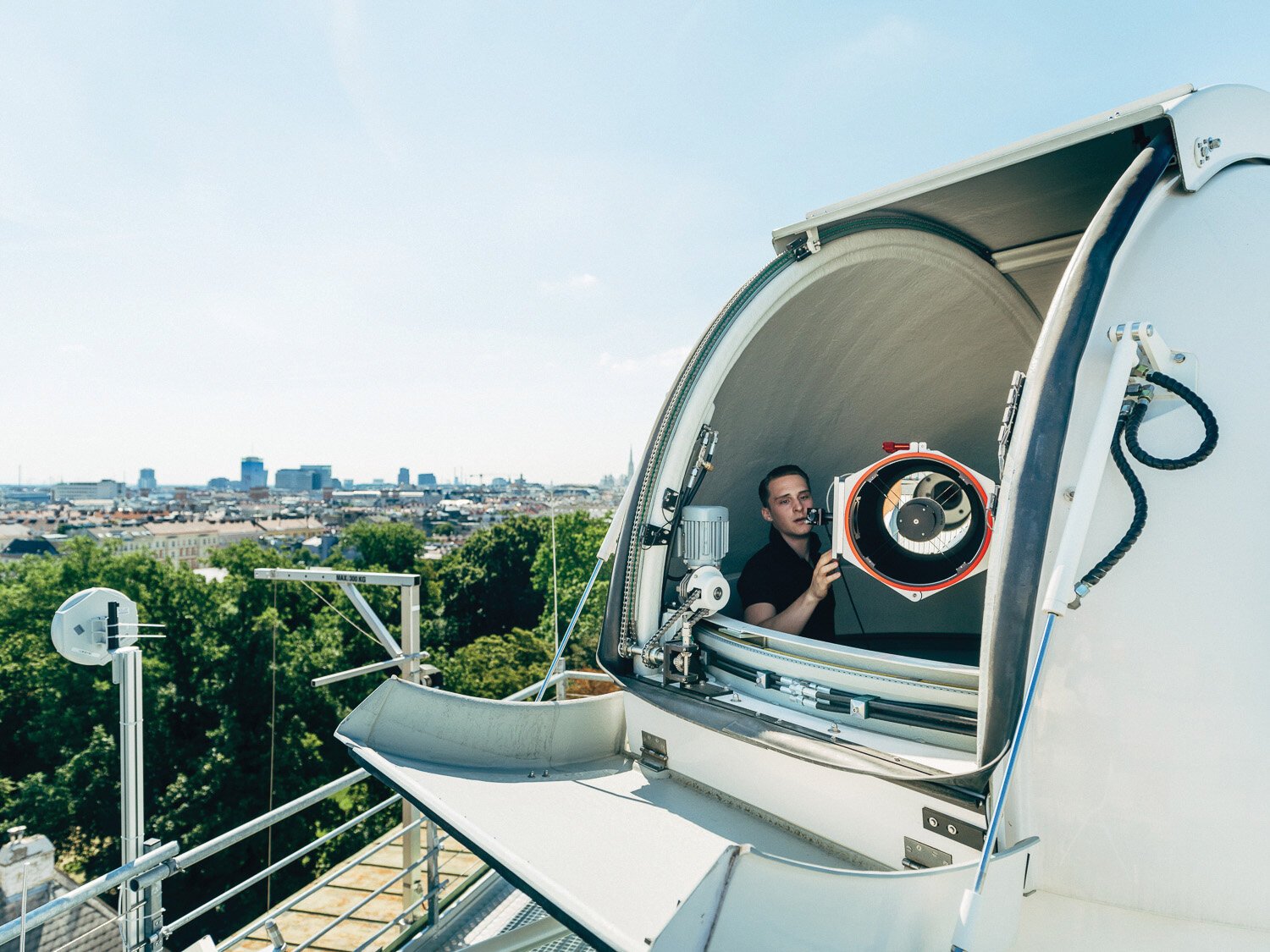
Quantum Research
Chance already had a big moment over 100 years ago. Around 1900 the physicist Max Planck introduced the idea of quanta. From the beginning, quanta – particles that assume an infinite number of states simultaneously and that are only randomly assigned to a state when they are measured – appeared as controversial as they were promising.
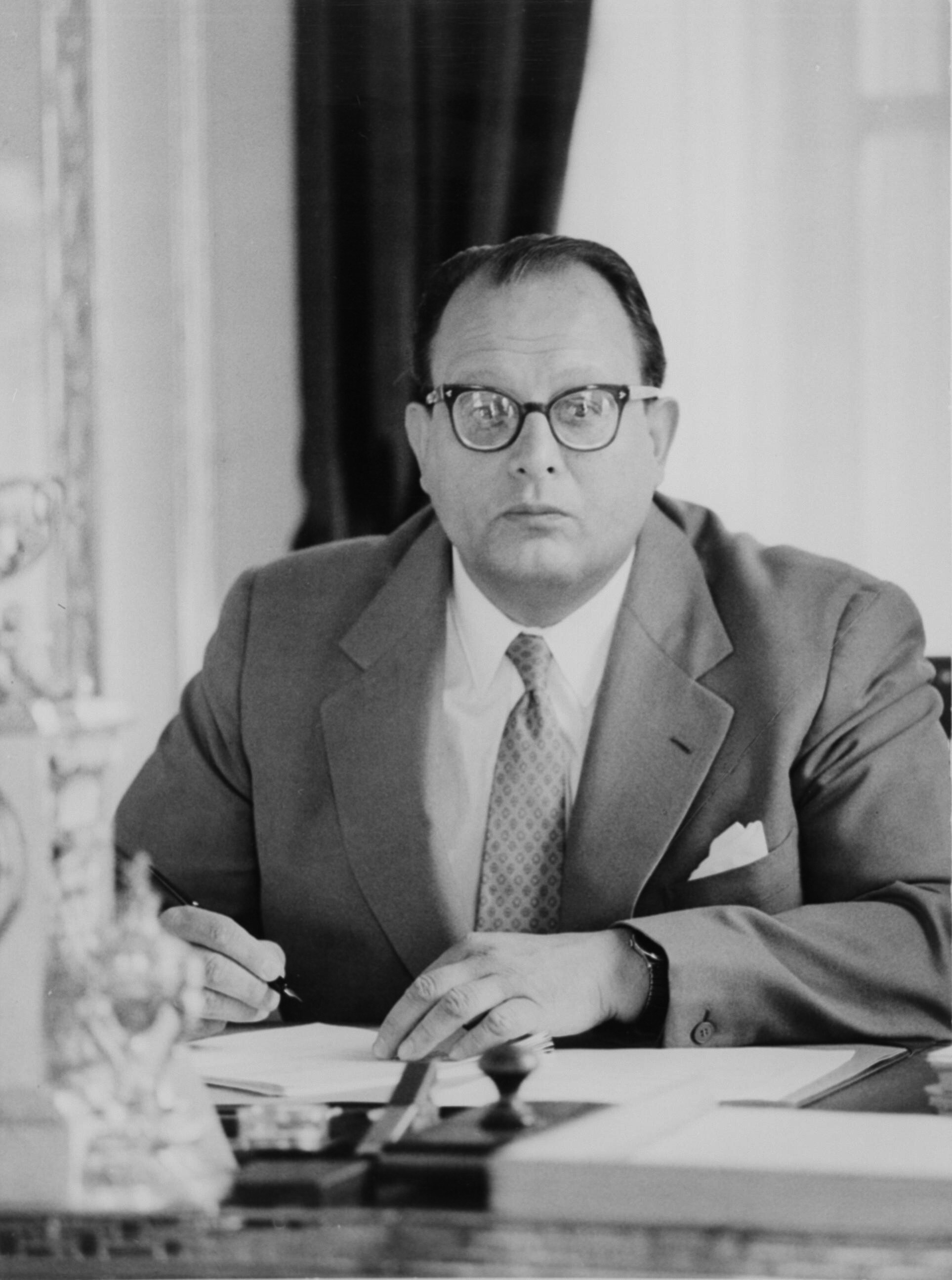
The Austrian Studies Association
In 2021, the Austrian Studies Association marks the 60th anniversary of its founding. Such anniversaries present an opportunity to acquaint new audiences with an organization and to reintroduce it to old ones. In this spirit, and to quote its mission statement, the Austrian Studies Association (ASA) is a nonprofit membership organization that “promotes the teaching and research of all disciplines in their study of Austria, and it acknowledges the diverse historical, multiethnic, and multilingual character of Austria, the former Habsburg territories, and their legacies.”
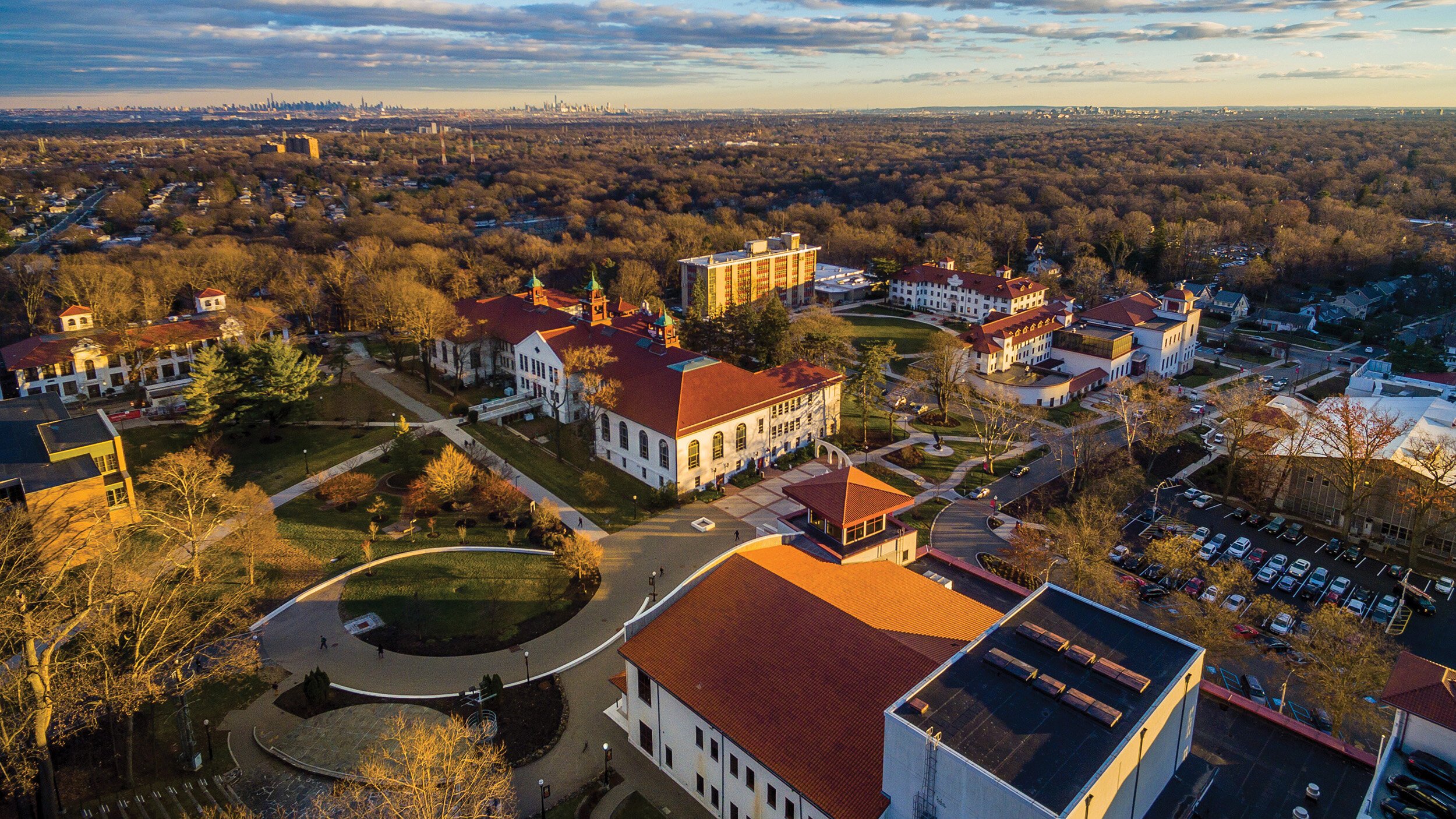
From New Jersey to Graz
A showcase of how Erasmus+ funding made the strong collaboration between Montclair State University and the University of Graz even stronger.
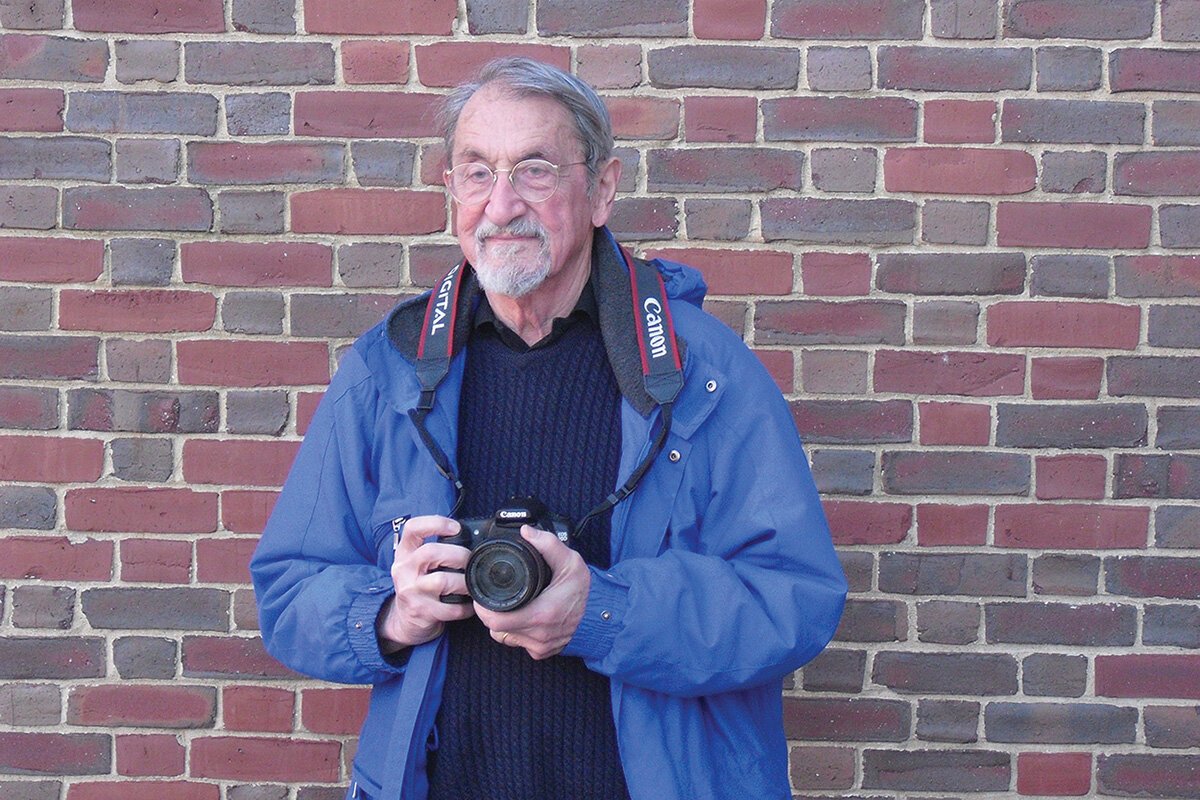
Meet Martin Karplus
Austrian-born American theoretical chemist and Nobel Laureate Martin Karplus, 90, about the central role of education throughout his life.
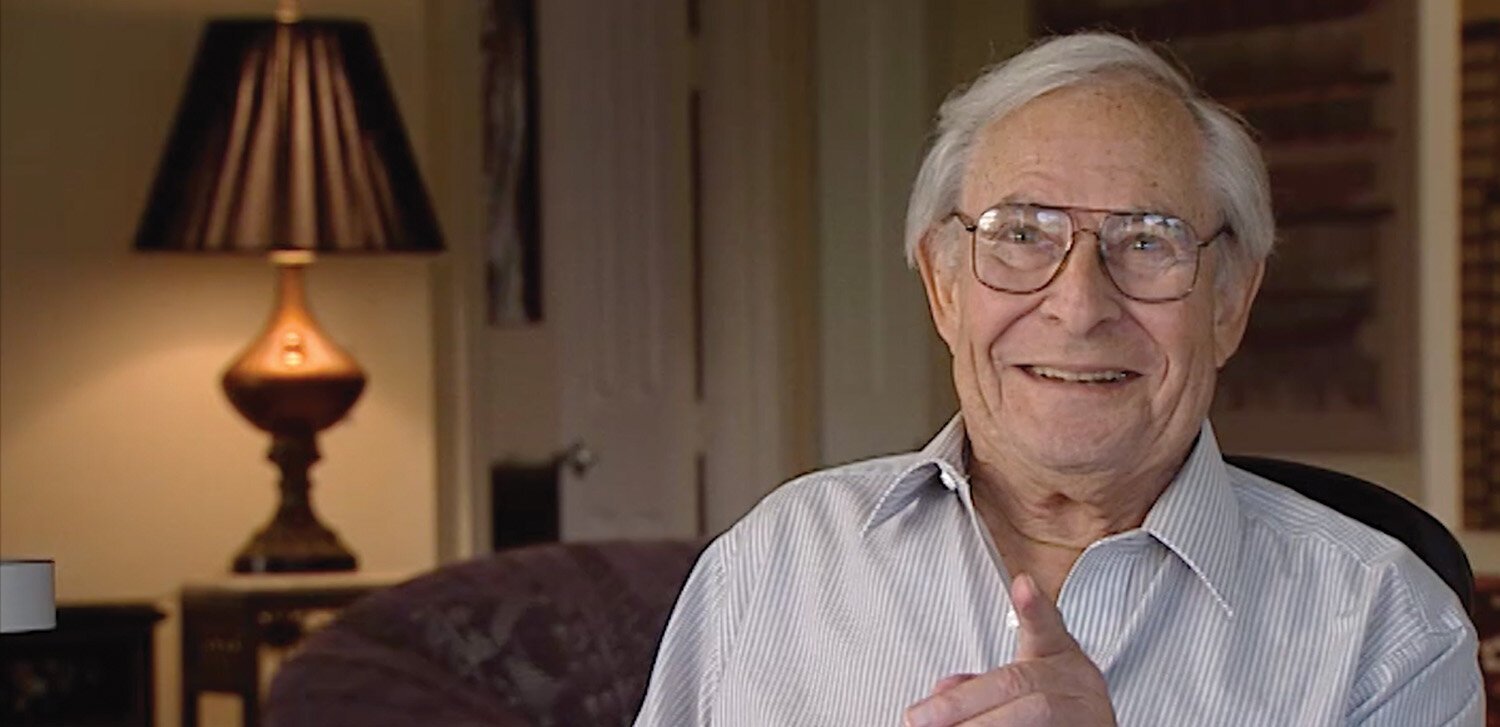
Holocaust Education in Austria
“The Austrian government people have since World War II made a big pretence of being the first conquered country [by Nazi Germany]. That’s not true. They were very much in a ´Take me, I’m yours!’ mode. I can remember a lot of nasty things prior to the [“Anschluss”] ... you know…”
With this obviously frustrated reference to Austria, Felix Brown, a Holocaust survivor born in Vienna, started a TV interview in 1989 in Buffalo, New York.
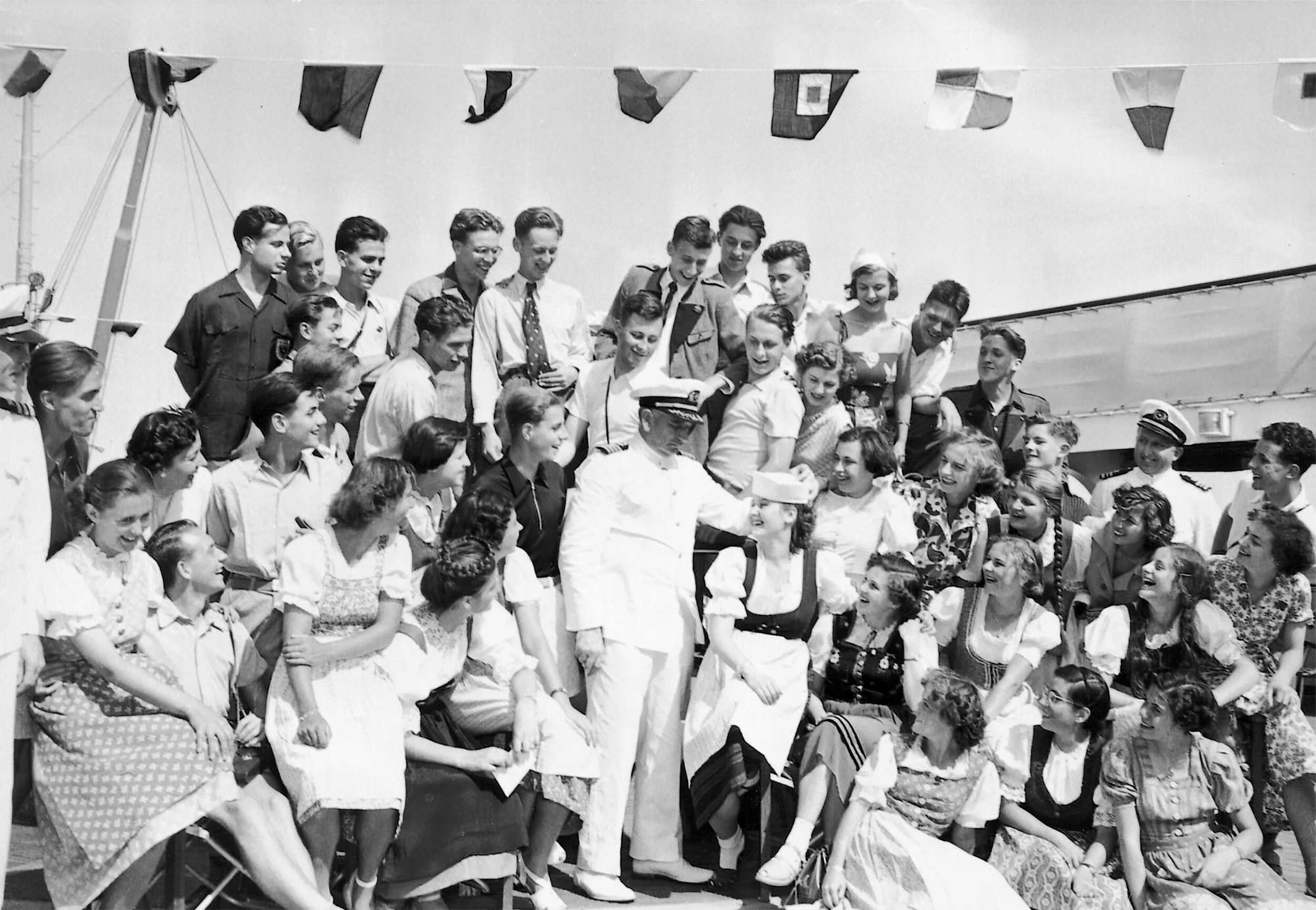
Fulbright Austria
For 70 years, Fulbright Austria has been promoting mutual understanding between the peoples of the United States of America and Austria. Since then, Fulbright Austria has provided unique opportunities for Austrian and U.S. citizens to pursue their personal, scientific, artistic, and professional development. The awards Fulbright Austria offers allow scholars to research and teach, students to pursue their academic and professional interests, and teaching assistants to share their native language and culture with students in their host country.
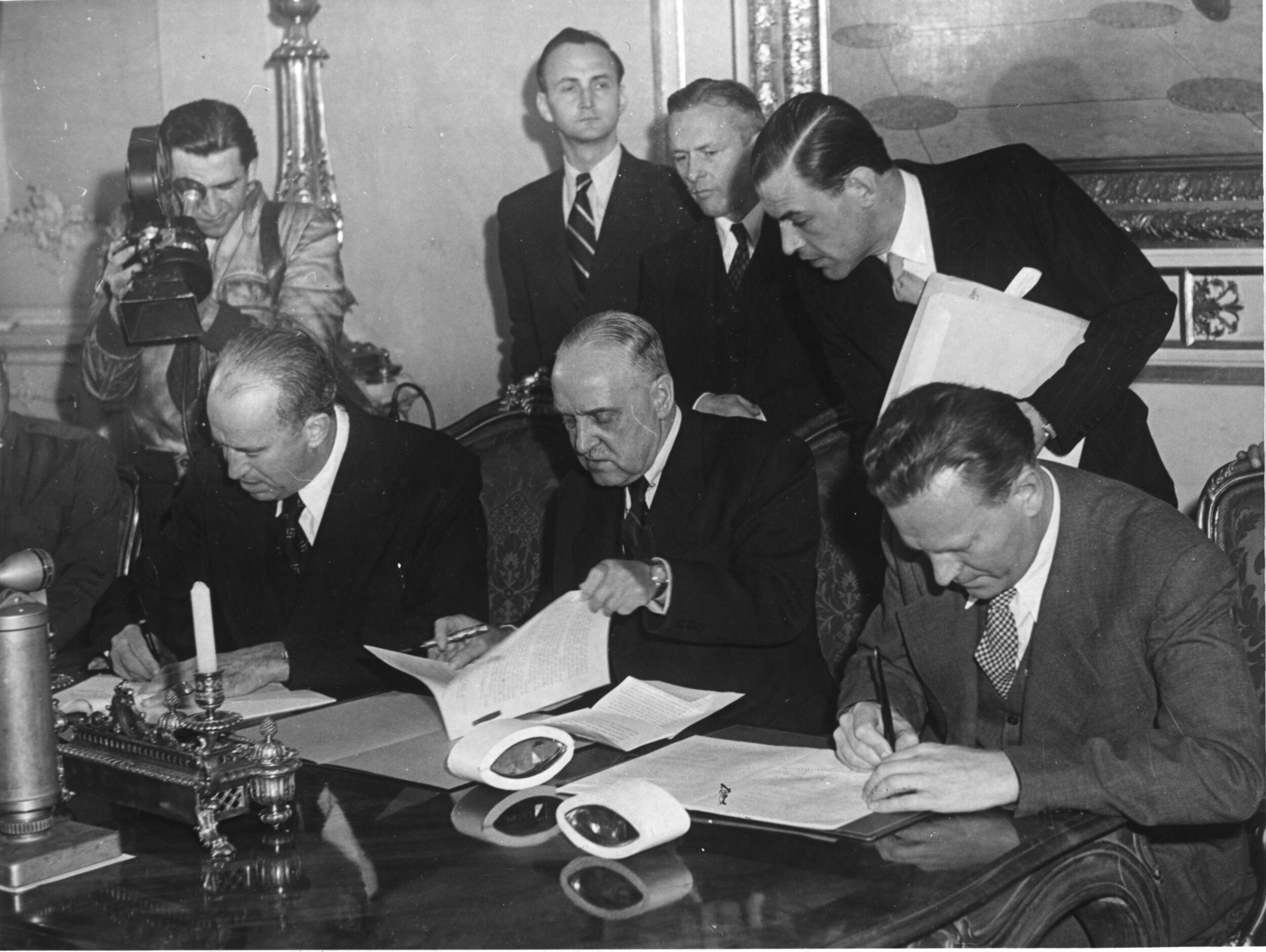
The Austrian Marshall Plan Foundation
A very common term when discussing scientific exchange is the notion of brain drain. But one could also have another perspective on scientific exchange: the brain circulation perspective. This perspective takes into consideration that researchers move back and forth a lot between different countries and (work) areas. Often, they go to a foreign country for educational reasons but come back to their country of origin later.

Brain Circulation and Researcher Mobility
The Royal Society coined the term “brain drain” in the late 1950s and early 1960s, referring to the phenomenon of researchers leaving the United Kingdom for the United States and Canada. Since then, researcher mobility and its implications have significantly changed. Demand and competition for human capital are still rising, but many countries no longer fear their bright minds going abroad.

Austrian Studies at the University of Minnesota
It has been a year unlike any other at the Center for Austrian Studies (CAS). Though the first half of the year seemed like business as usual for our staff, faculty, and visitors, the second brought with it changes that none of us would have thought possible in the beginning of fall. The novel coronavirus upended our spring program and sent many of our visitors scurrying home. As we all adjusted to life in a time of pandemic and became used to its new rhythms, here in Minnesota we were rocked by another event that had repercussions across the globe.

The Future of Digital Learning in Universities
In late February 2020, I flew from New Orleans via New York to Zurich to start a semester as a guest professor at the University of Innsbruck. Even though first scares about COVID-19 could be heard from Wuhan in China, it did not frighten travelers like me yet in the U.S. and in Europe, even though Mardi Gras had just ended when I left and later on turned out to be a “super spreader event.” I met my students during the first week of March and it looked like a normal semester. Then all hell broke loose.

Austrian Studies Goes Virtual
Part of a global network extending from Vienna to Jerusalem and beyond, the Austria Centers of North America share a common mission to deepen knowledge of Austrian and Central European history, culture and society around the world.
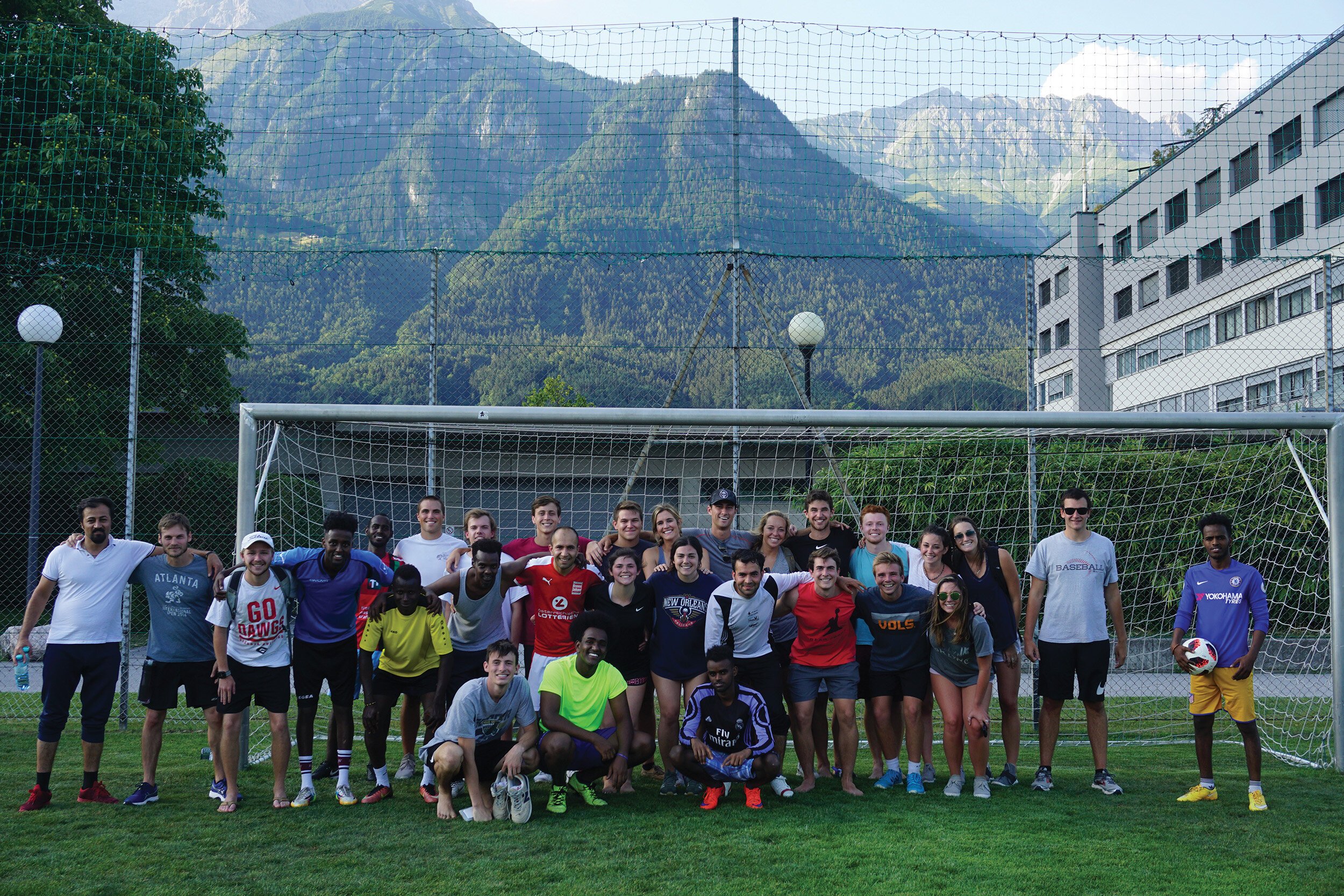
The UNO-Innsbruck International Summer School
The UNO-Innsbruck International Summer School, a six-week summer program organized by the University of New Orleans (UNO) in cooperation with the University of Innsbruck, Austria, celebrates its 45th anniversary this year. Or would have celebrated it, had the program been held in the summer of 2020. For the first time in its existence since 1976, this large and renowned study abroad program, which enrolls approximately 250 students each summer and has an alumni base of well over 10,000 students, had to be cancelled due to COVID-19.
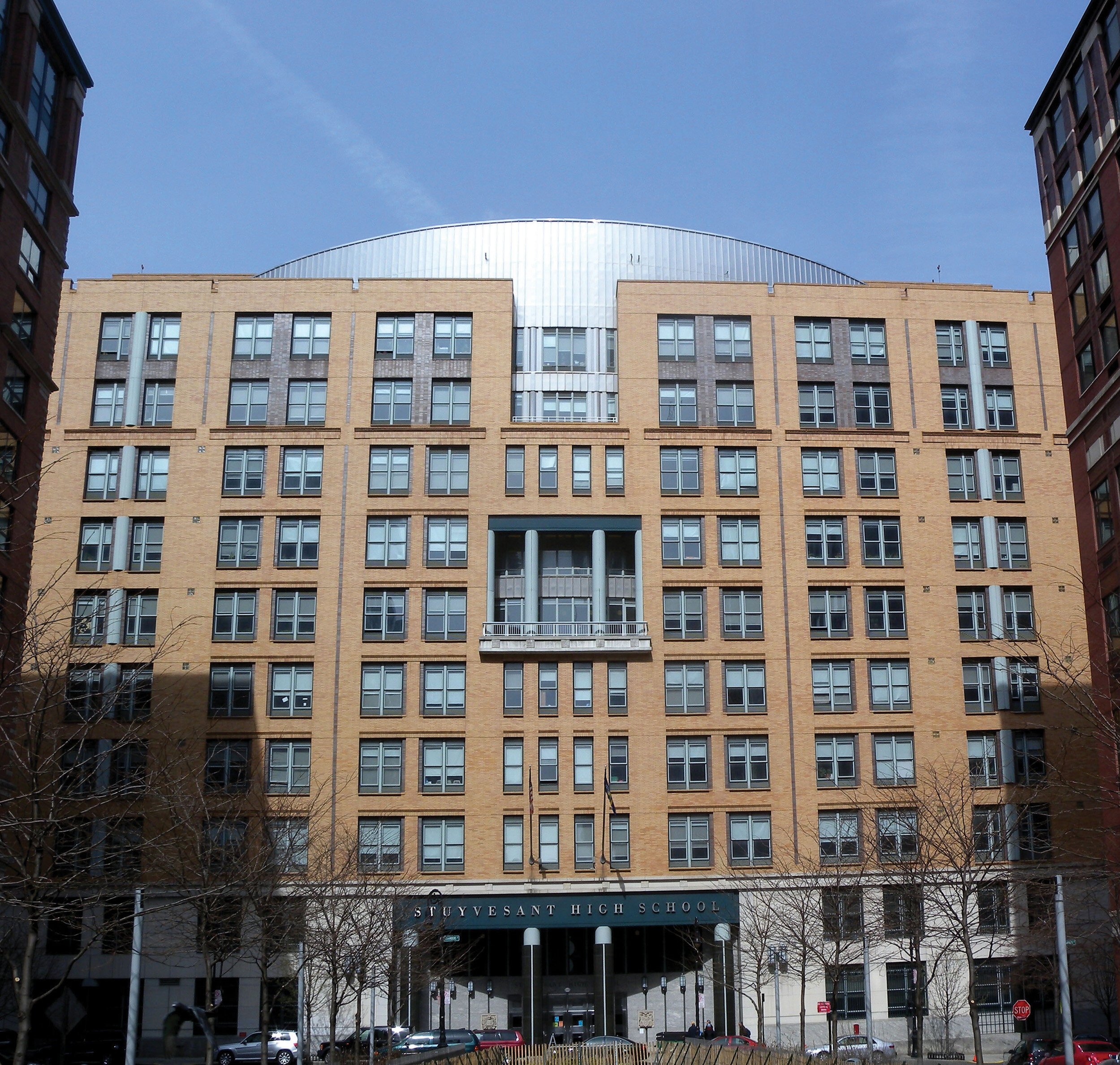
An Austrian Physics Teacher in New York City
Hannes Richter spoke with Thomas Strasser about his 20-year teaching career in the Big Apple
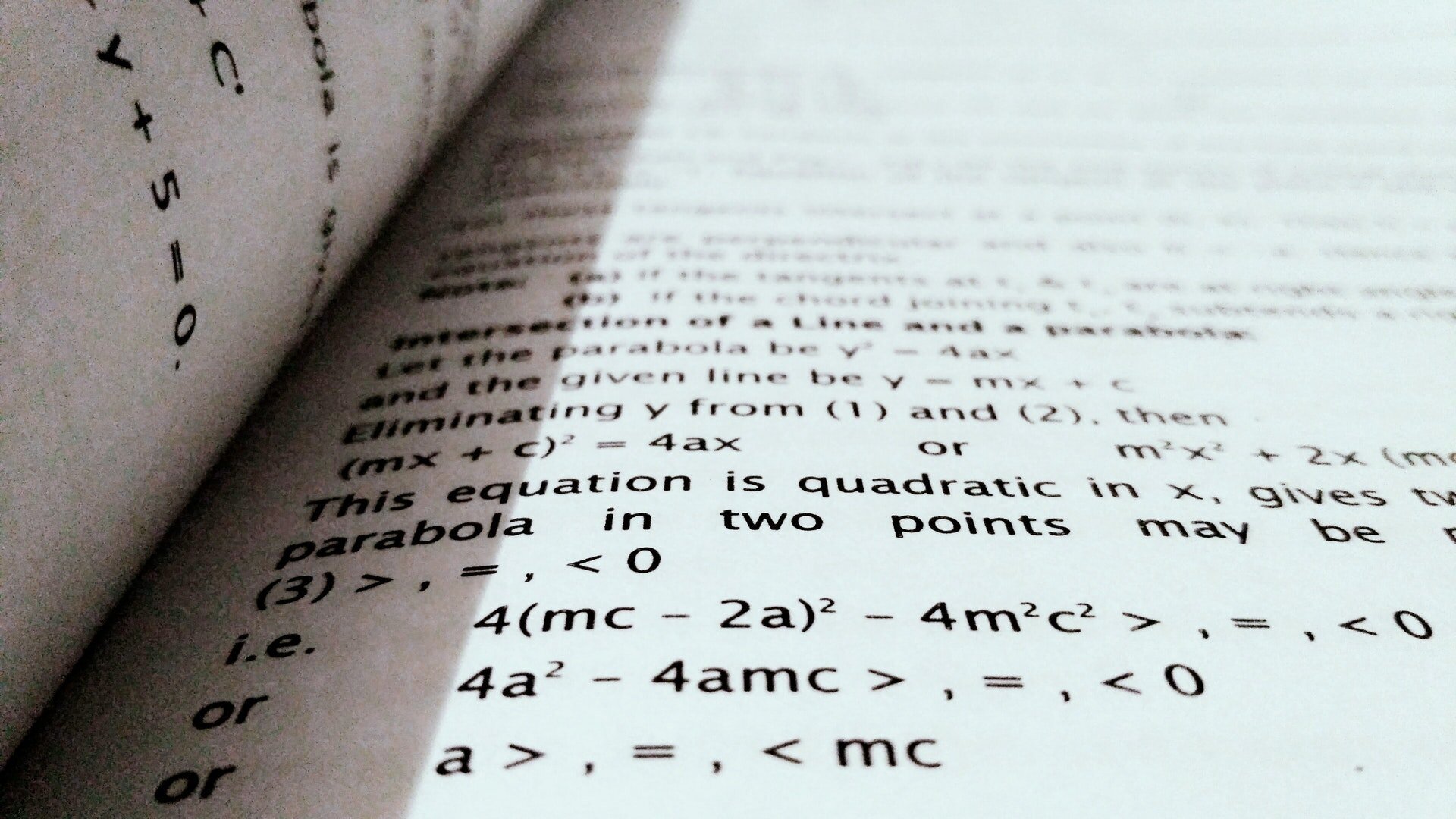
Why Study Math?
The situation on the labor market is well known: programmers, those with degrees in computer science or in technical fields are in high demand. According to the Austrian Employment Service, persons with STEM degrees – science, technology, engineering and mathematics - on average find a job within three months and are facing excellent career prospects and income levels. At the same time, there are not enough graduates in these fields to satisfy demand, not just in Austria, but also internationally.
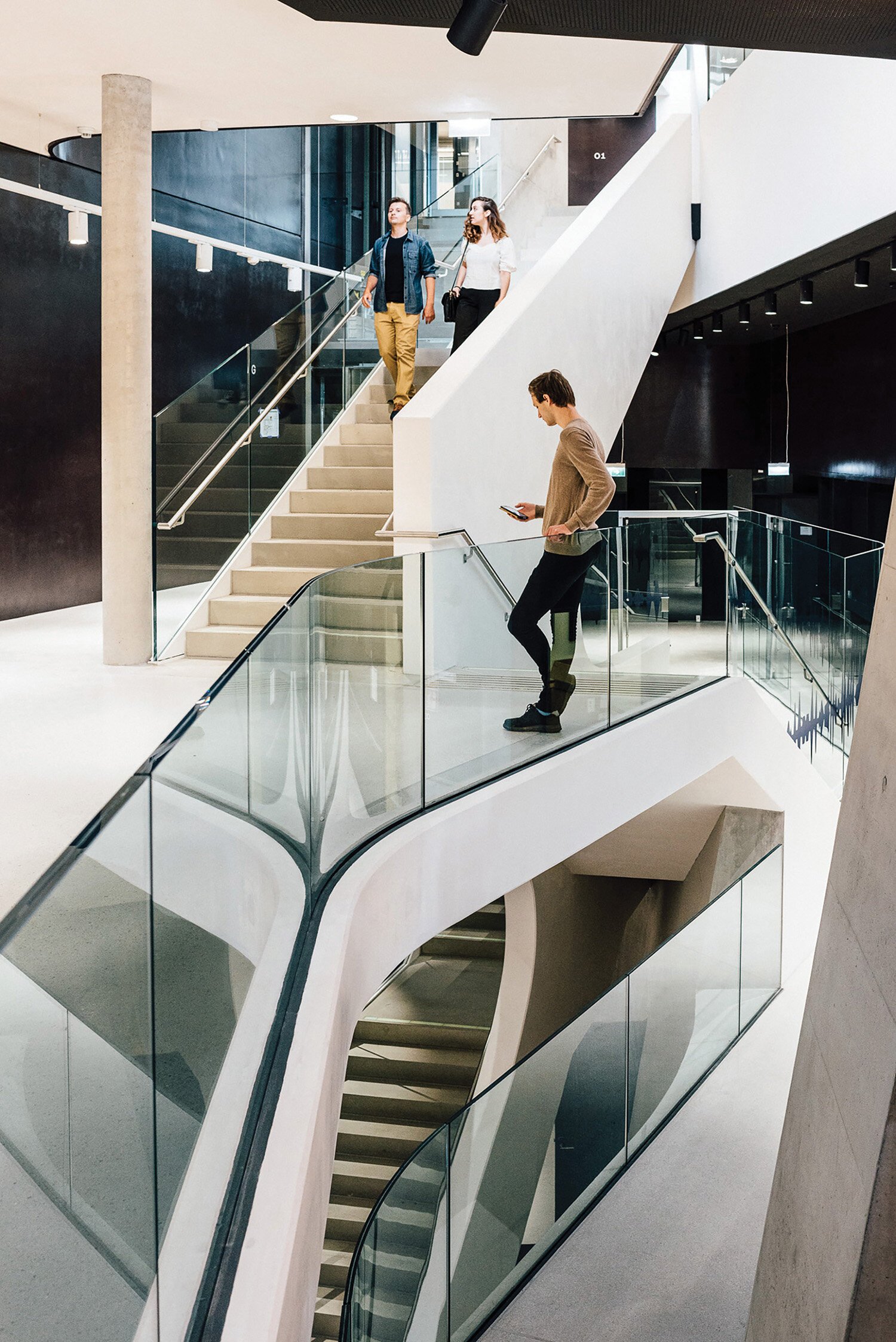
High Performance in Art
Connected with the rich Viennese musical tradition and renowned cultural institutions such as the Vienna Philharmonic, Vienna’s University of Music and Performing Arts offers its talents the best support for a professional career.
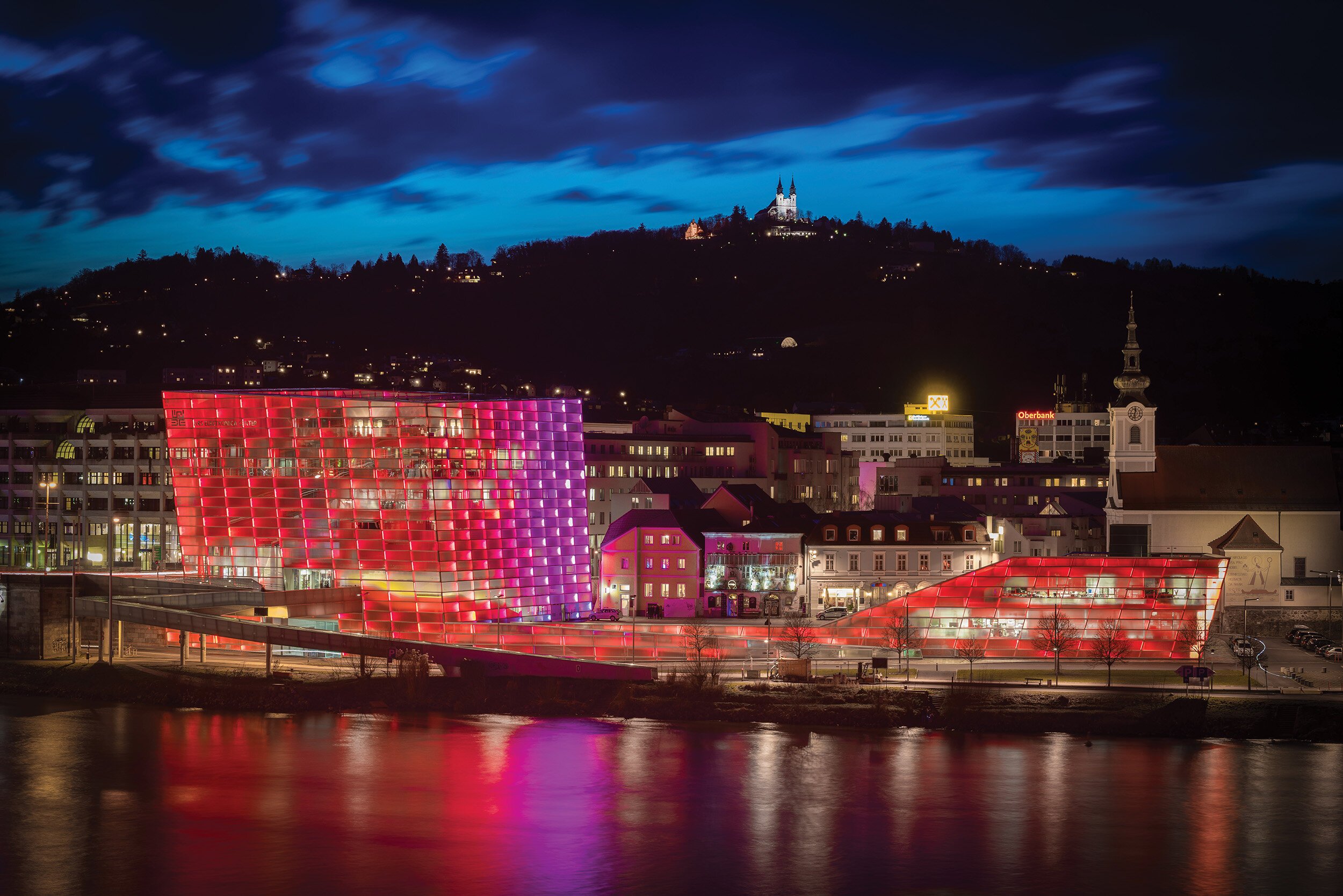
Art, Technology, Society
The digital revolution has turned everything upside down. It has brought forth new technologies and established new business models. Airbnb obtains more overnight accommodation than the five largest hotel chains of the world combined; however, it operates no single hotel. Uber is the world’s largest driving service enterprise, possesses however not one cab. Alphabet takes up to ten times more money for advertisement than the world’s largest traditional media company without producing contents themselves or even feeling responsible for contents. But is that all? Is it enough for us that a few corporations have become immeasurably rich?
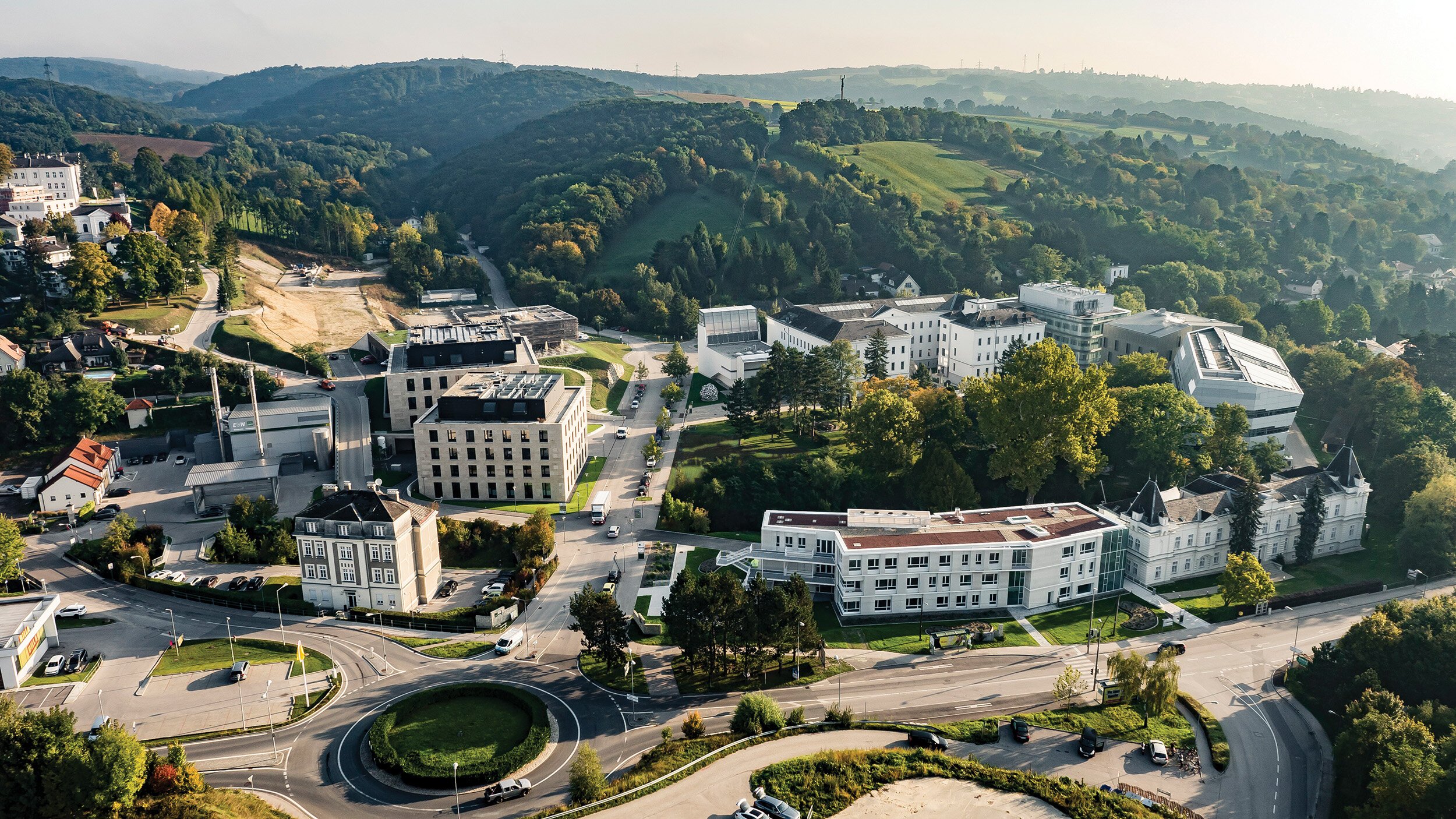
IST Austria
In the early 2000s, the Austrian Government had an ambitious goal: build an outstanding science institute dedicated to basic research that would attract top scientists from all over the world and put Austria on the map for world-class research.
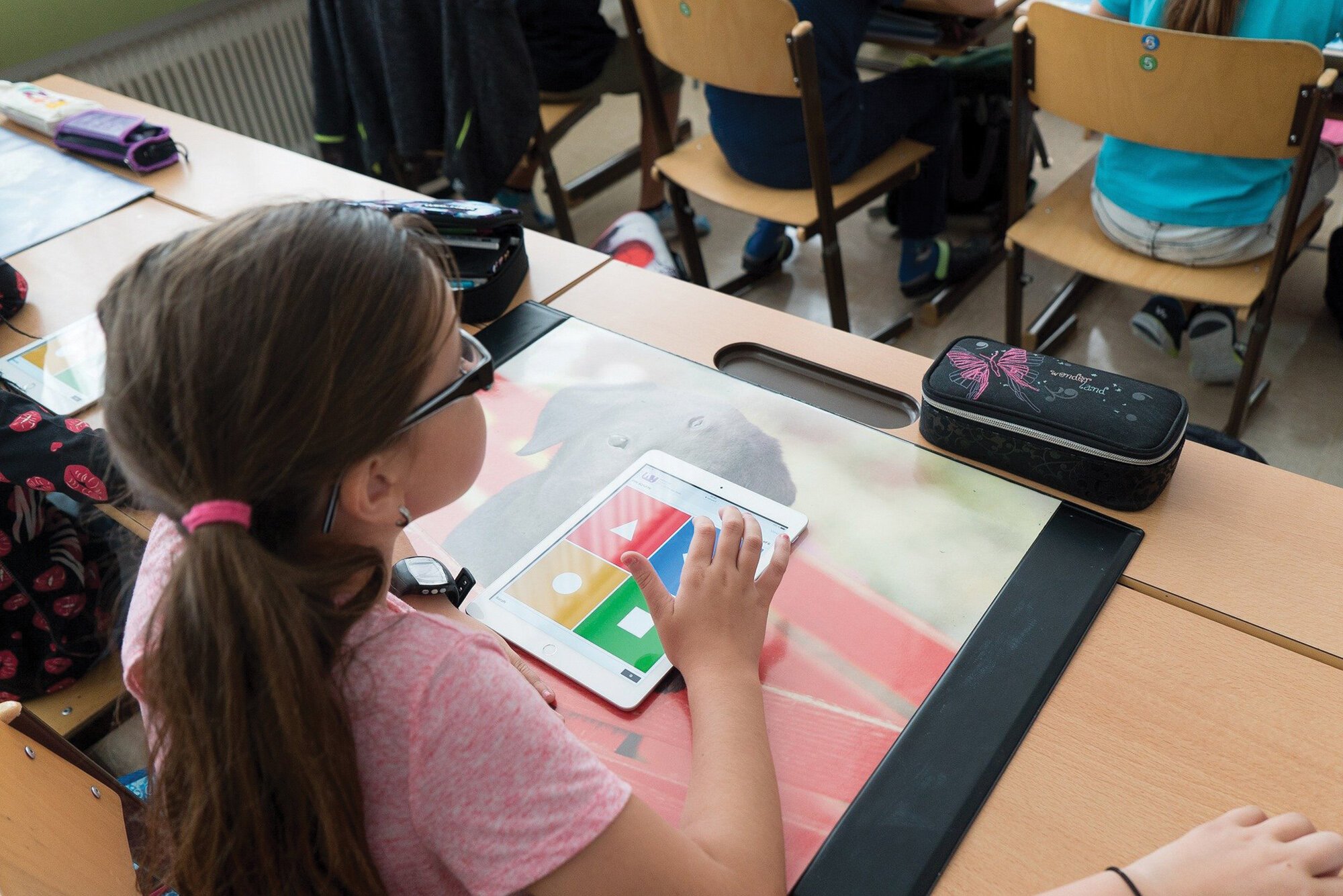
Digital Schools in Austria
The digital world today is a central part of our lives. Digitalization in Austria is gathering pace. According to a special report based on the latest PISA results from 2018, domestic schools are well equipped compared to other OECD countries.
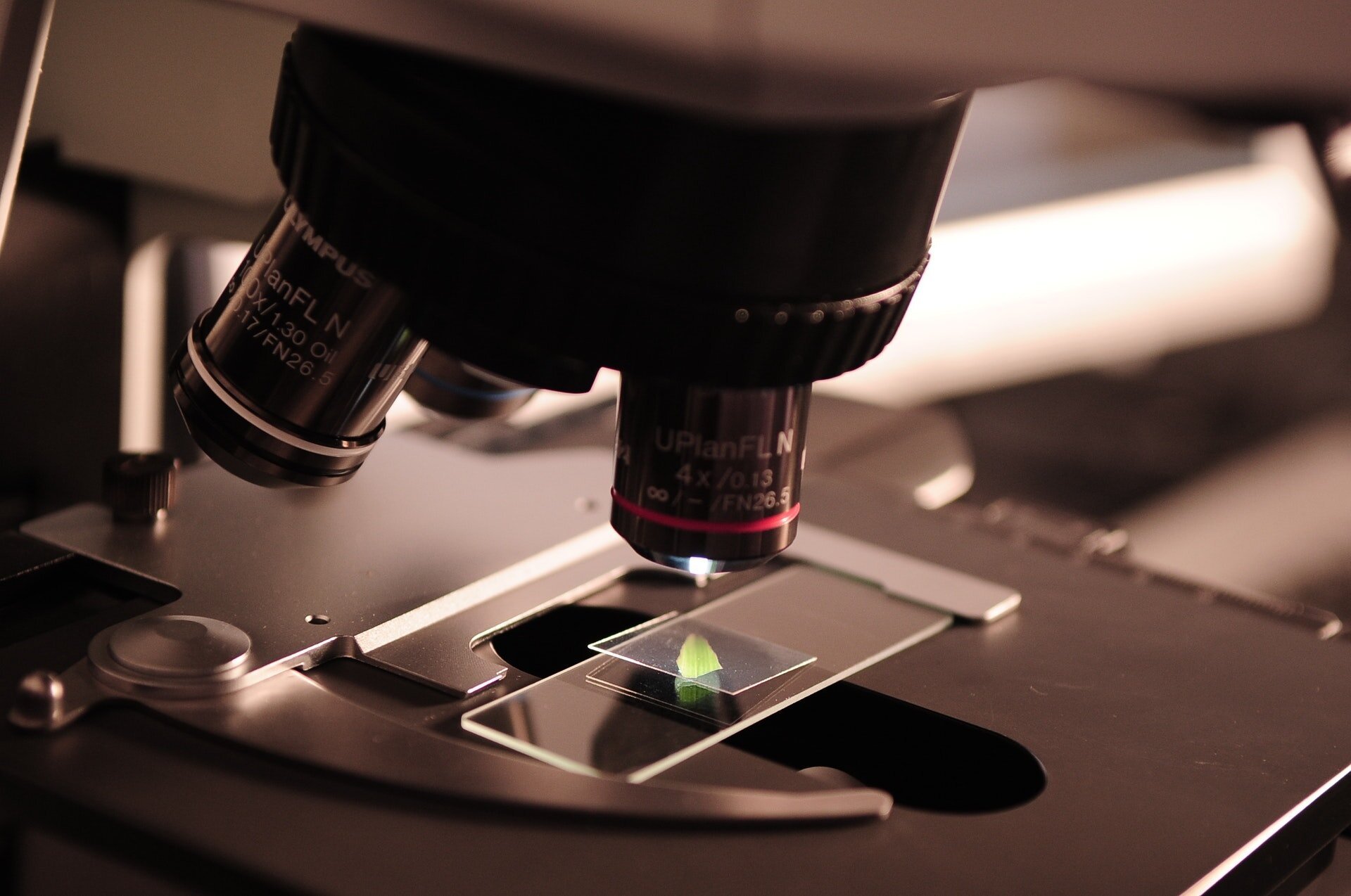
Science Education in Austria
“This project showed me for the first time that I also have abilities” – With these enthusiastic words a child from a new secondary school in Austria describes its increased self-confidence in its own abilities thanks to the participation in one of the Austrian government’s science education initiatives.
